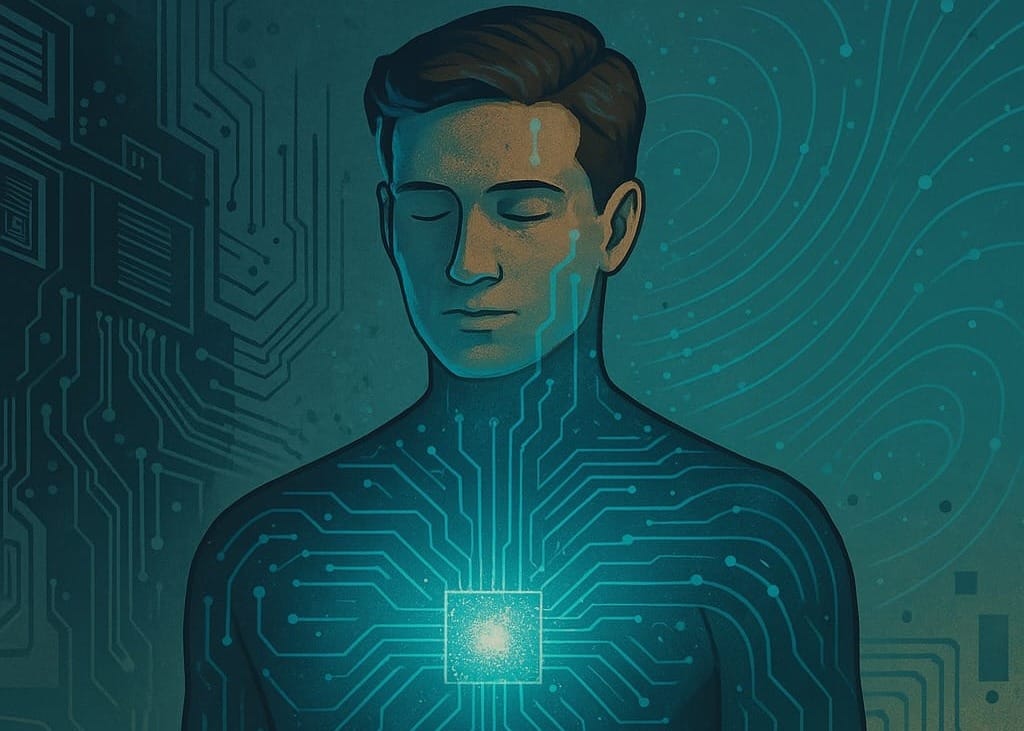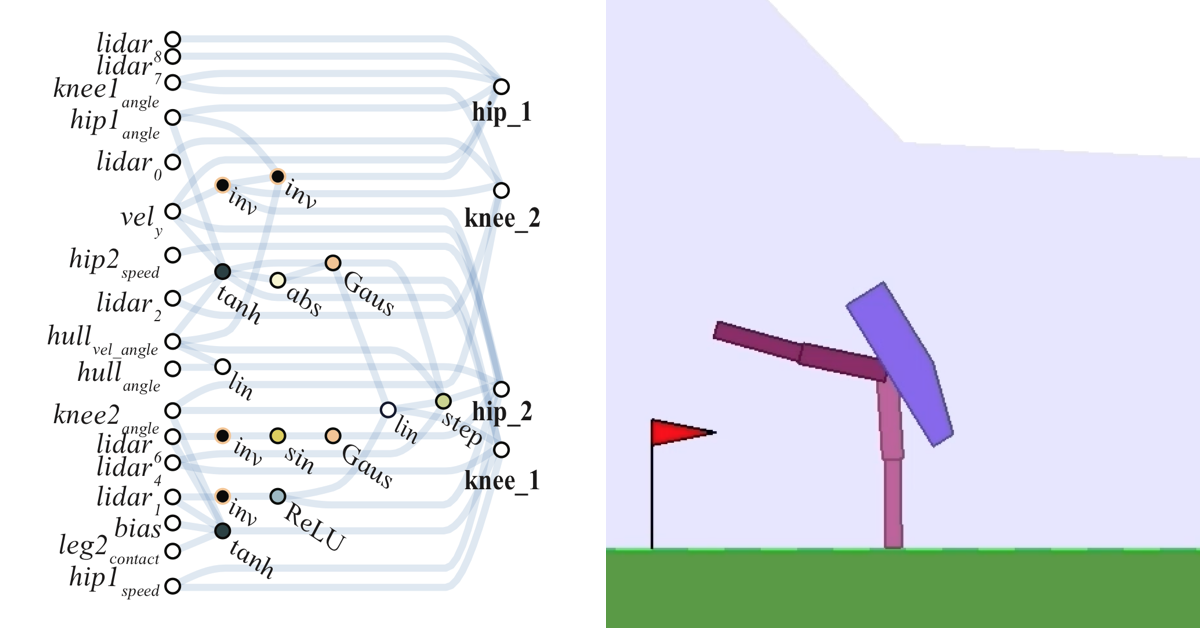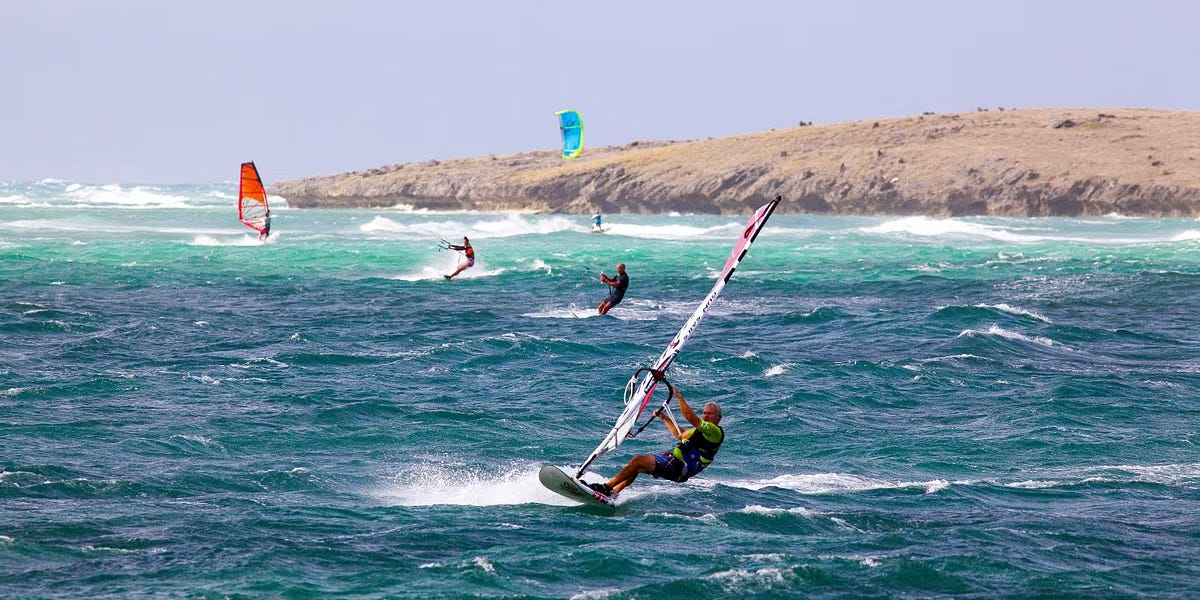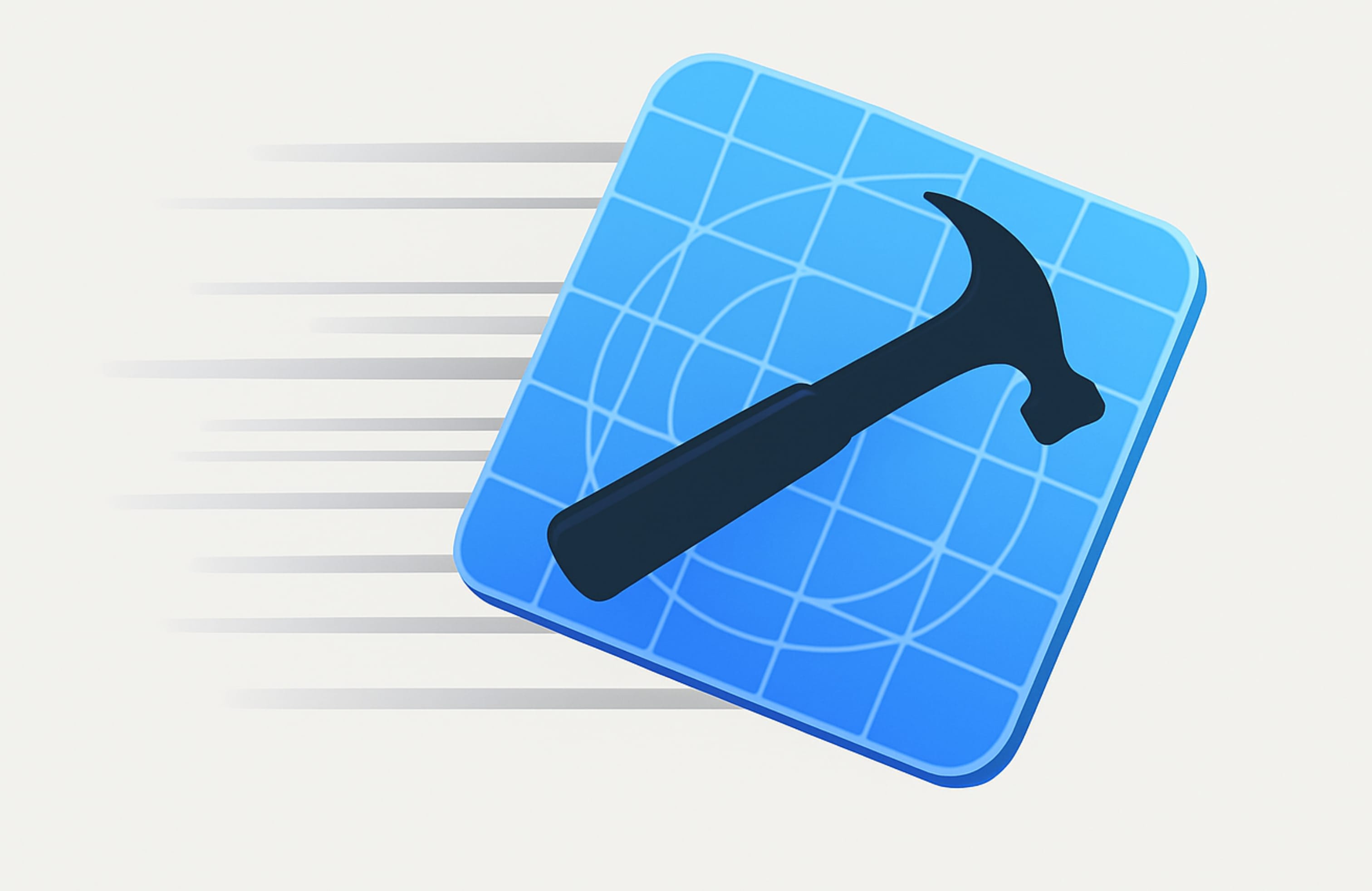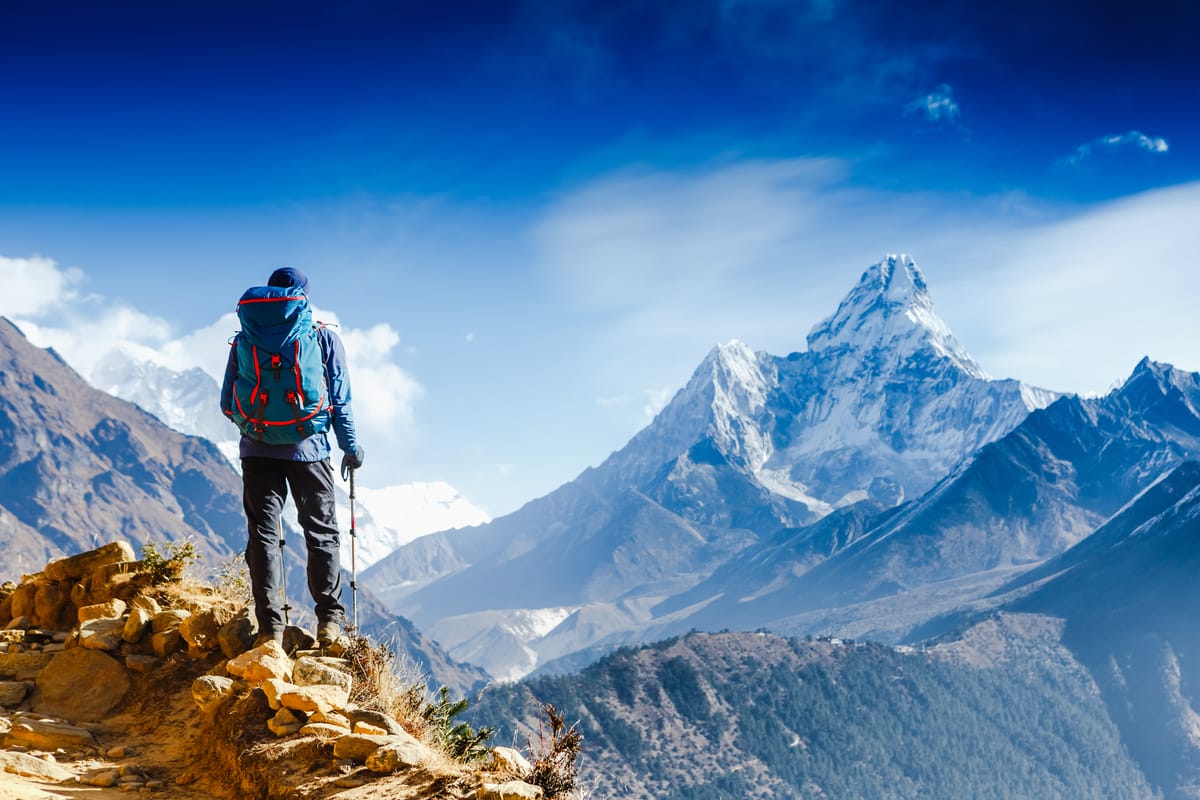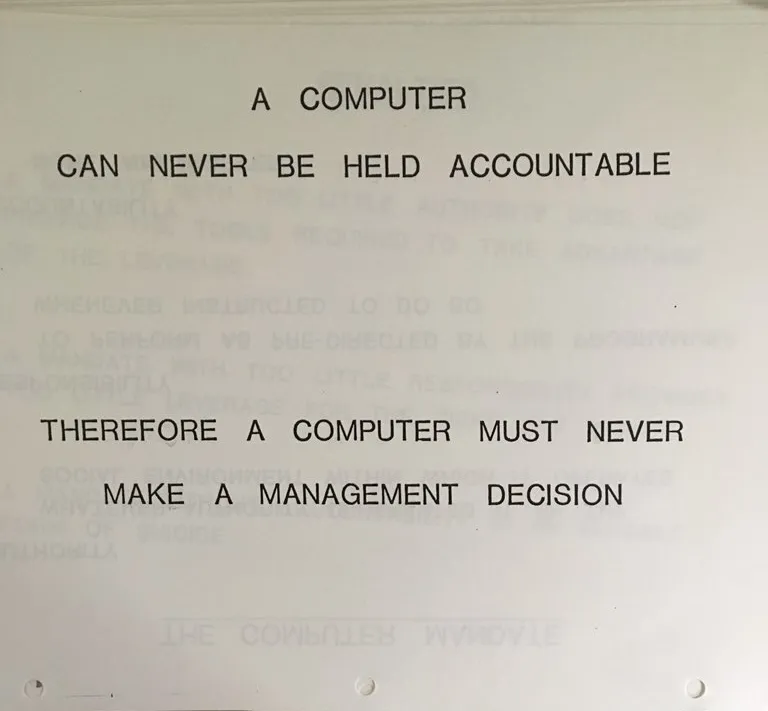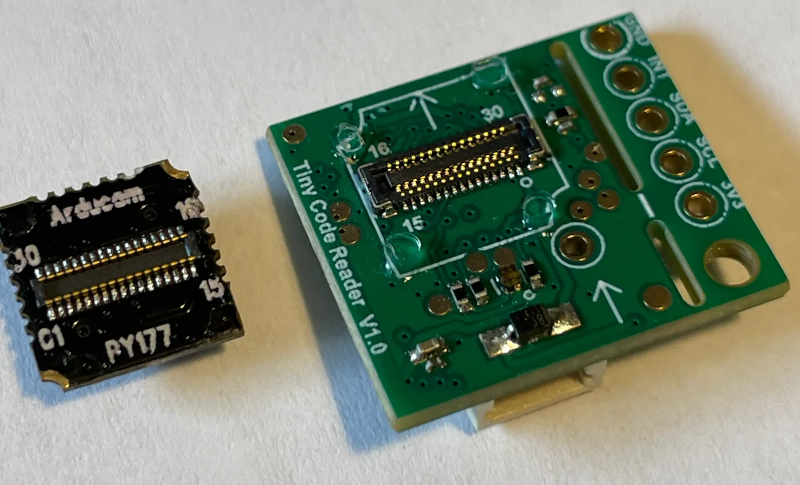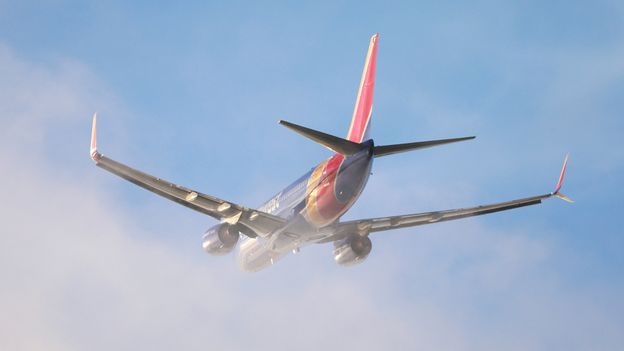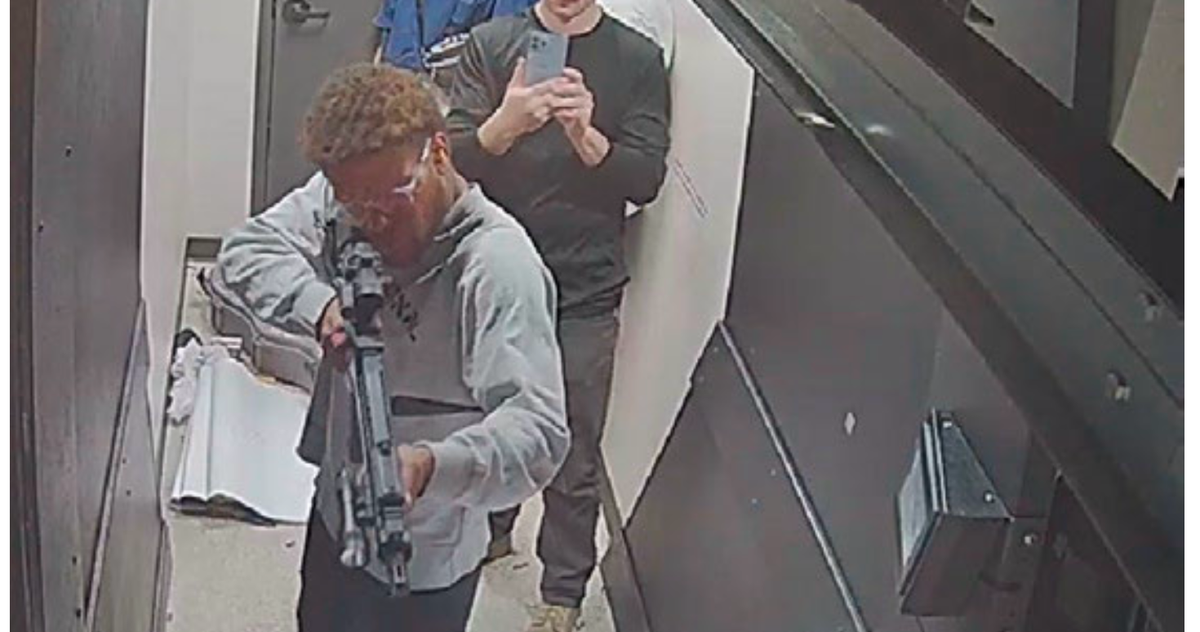
How Did a Pair of Football Buddies From Utah Join a Coup in the Congo?
Save this article to read it later.
Find this story in your account’s ‘Saved for Later’ section.
Marcel Malanga was standing in the foyer of the Palais de la Nation, the home of the leader of the Democratic Republic of the Congo, with an assault rifle slung over his shoulder. It was just before dawn on May 19, 2024, and close by was his best friend from high school back in Utah, Tyler Thompson. Around them, 40 or so rebel soldiers in jungle fatigues were spread out across the palace grounds, fortifying their positions after shooting their way in. A few raised the flag of “New Zaire,” the rebranded version of the DRC they hoped to install in government if their efforts were successful; others burned the current flag. Malanga flipped the camera screen on his cell phone to selfie mode and hit “record.” “We are liberating these people,” he said, beads of sweat rolling down his face in the suffocating humidity. “DRC is free; we freed them.”
Neither he nor Thompson seemed particularly suited to regime change. Malanga, 21 years old at the time, has soft brown eyes and a face pocked from acne. Back home in the Salt Lake City suburbs, he was known for his chaotic energy but lacked the hardened qualities of a true dog of war. One high-school friend described him to reporters as “rough around the edges but not enough to go and murder people.” Thompson was even less rebellion-ready. Handsome in a benign, midwestern kind of way with a toothy smile and droopy eyes, he had just celebrated his 21st birthday and had never been out of the U.S. before traveling to Africa. He was also an inveterate stoner, according to another friend. “If you didn’t have weed, you weren’t getting him out of the house,” they said.
